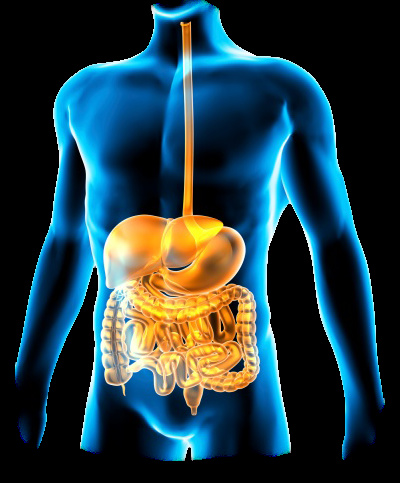Introduction
Digestive System (subunit 1):
Food is composed of simple (water and mineral salts) as well as complex molecules (carbohydrates, proteins, vitamins and fat). The digestive system is tailor-made to absorb water and mineral salts and to break down complex molecules through enzymatic action into smaller ones that can be absorbed by the gastrointestinal tract for utilization by the body. As a result of these metabolic processes, waste products (some of which are toxic) are produced that need to be broken down (degraded of detoxified) and eliminated by the liver and kidneys respectively. The process of digestion remains under the control of the autonomic nervous system (enteric plexuses and neurotransmitters) and hormones (some synthesized within the gut and others from endocrine glands).
Renal System (subunit 2):
Thed kidneys play a vital role in maintaining internal environment of the body. from the regulation of body fluids to maintenance of electrolyte balance and disposal of toxic chemicals, the kidneys are structurally as well as functionally well adapted.
In relation to the above two systems, you are required to appreciate etiological factors, normal structural and functional relationships and to obtain an understanding of dearangements in their functions through disease processes. With this understanding you are expected to correlate cardinal manifestations of abnormal conditions associated with these systems and develop appropriate stratigies for their management (diagnosis, investigations and treatment).
Community health issues are an important area and, effects of disease within the family and community need to be appreciated. You are required to appreciate effects of diseases of the digestive and renal systems on the family and society, keeping in mind psycho-social issues, counselling and rehabilitation issues.

،،
الله يوفقك ويسعدك ويريح بالك